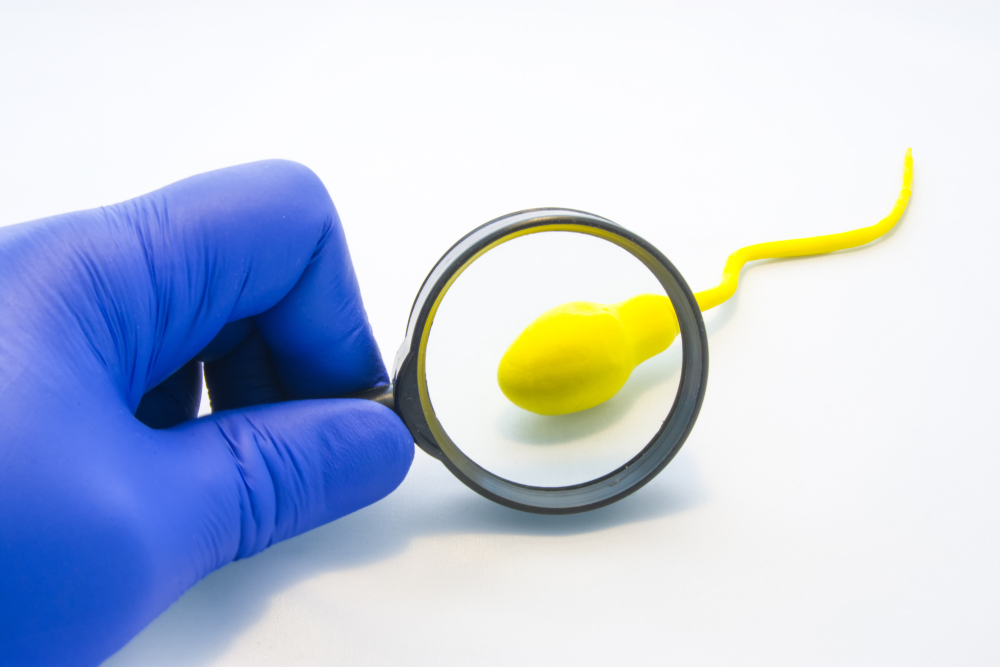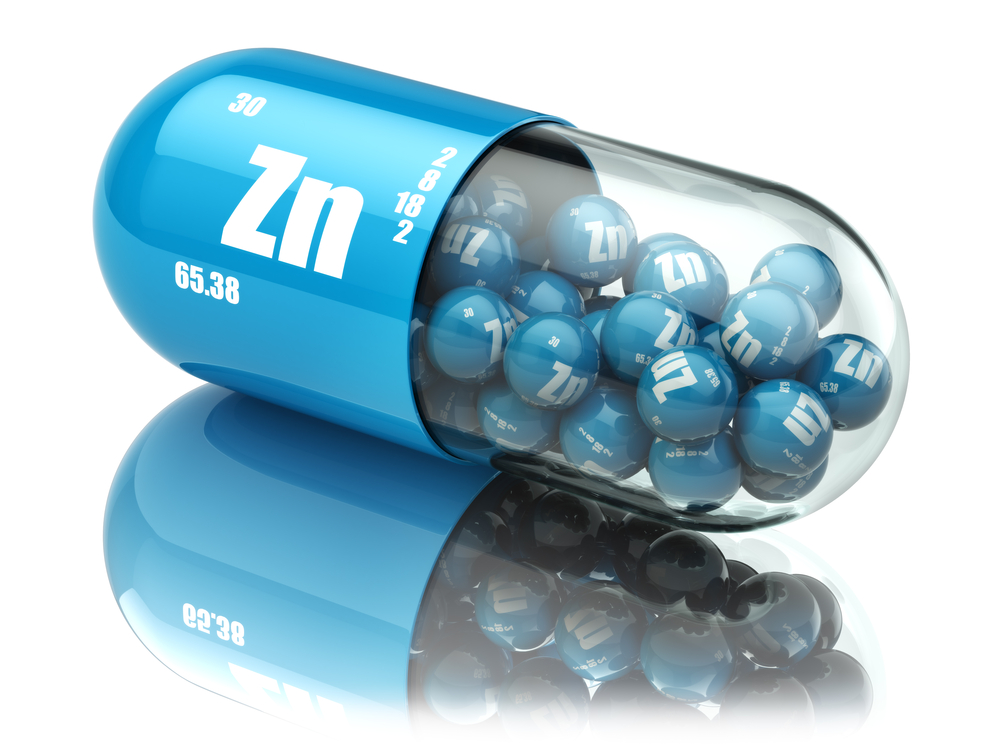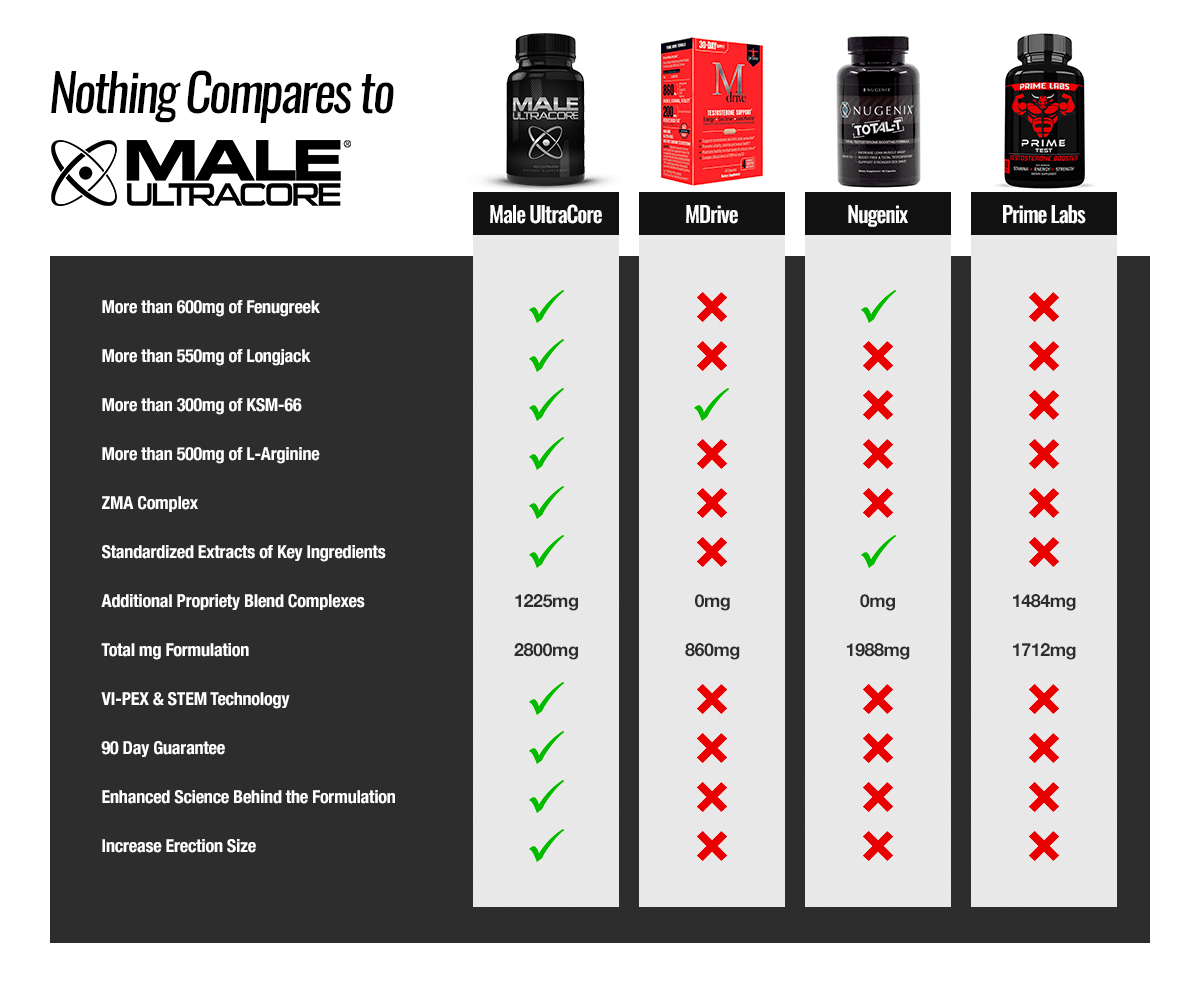When a man’s sex drive starts to falter, testosterone is usually the number one suspect. But what about when you’re facing difficulties getting your partner pregnant? Could low testosterone also be the reason behind it?
A number of bodily processes and functions are regulated by the primary male sex hormone, testosterone. Just as testosterone is needed for regulating your libido, you also need this all-important androgen for spermatogenesis. Continue reading and learn how low testosterone can affect your fertility.
Testosterone and Sperm Production
A big part of testosterone production happens locally inside the testis where you will find the Leydig cells. Upon being stimulated by luteinizing hormone, your Leydig cells start to produce testosterone. Hence, testosterone levels are much higher in the testis than in the bloodstream.
One important reason why there’s such a high level of testosterone inside the testicles is that the hormone is much needed for a crucial testicular function, and that is spermatogenesis, which happens inside the seminiferous tubules in the testis.
We commonly refer to it as sperm production, but in reality, spermatogenesis is a complex and multi-step process that covers the development of spermatogonial stem cells into germ cells which, in turn, develop into mature spermatozoa.
Within the seminiferous tubules, there are many cells and hormones at work. Of these, the Sertoli cells and testosterone play the most important roles. The Sertoli cells basically provide the environment and the nourishment that developing germ cells need as they go through cell division and mature into sperm cells.
Sertoli cells have androgen receptors, which means that they are able to bind with testosterone, which is your primary androgen. In fact, testosterone signaling is needed by the Sertoli cells in order for these cells to take care of the biochemical processes that support spermatogenesis.

In short, without testosterone or in the absence of the androgen receptor in Sertoli cells, you will never be able to produce live spermatozoa because your spermatogonial stem cells won’t even be able to complete all the cell division processes they need to go through before they can become mature sperm cells.
If, on the one hand, your testosterone levels are low, you may still be able to produce a number of mature spermatozoa. The only question is whether you’ll be lucky enough to have one of them successfully impregnate your partner. Nevertheless, there have been many men with low testosterone levels and low sperm count who have successfully fathered children.
Testosterone and Hypogonadism
For women, the gonads refer to the ovaries, whereas for the men, the term refers to the testicles. The male gonads have two very important functions, namely to produce sperm and testosterone.
When you have hypogonadism, it means that your testicles are unable to fulfill their functions properly. This means that you’re not producing sufficient amounts of testosterone, nor are you producing enough sperm.
In fact, having extremely low levels of testosterone is common among men with hypogonadism. That’s not all, however. A man with hypogonadism also typically suffers from decreased body hair growth, which can lead to loss of facial hair and baldness.
On top of that, male hypogonadism can also lead to a decrease in muscle mass and bone mass, development or enlargement of breast tissues, as well as erectile dysfunction. Low libido, hot flashes, fatigue, depression, and loss of concentration are also common symptoms of male hypogonadism. These are all related to having low testosterone.
Since testosterone is crucial for normal spermatogenesis, men with hypogonadism typically encounter problems with their fertility. In fact, when hypogonadism is caused by congenital abnormalities such as Klinefelter syndrome, a man may end up producing very little or no live spermatozoa at all.
Research indicates, however, that testosterone replacement therapy can further impair spermatogenesis among men with hypogonadism. On the one hand, increasing the internal production of testosterone can help improve sperm production.
Increasing Your Testosterone Levels to Improve Your Fertility
Since testosterone replacement therapy can’t really help you with your fertility problems, you may want to consider natural ways of increasing your testosterone production. Even just a slight increase in your testosterone levels can already have significant effects on your sperm count and greatly improve your reproductive potential.

One way to raise your production of testosterone is by taking natural supplements such as Horny Goat Weed, Tongkat Ali, and Ashwagandha. Zinc is also quite important for normal testosterone production, so you should increase your intake of the mineral as well.
Although Horny Goat Weed is more popularly known for its aphrodisiac properties, the truth is that scientific studies have validated the herb’s testosterone-boosting effects. Icariin, the primary bioactive component of Horny Goat Weed, has been found to significantly promote the proliferation of both the Leydig cells and Sertoli cells.
This means that Horny Goat Weed can help increase the number of testicular cells that are responsible for the production of testosterone, as well as spermatozoa. Indeed, studies have also shown that Horny Goat Weed is beneficial in increasing testosterone levels, sperm count, and sperm motility.
Just like Horny Goat Weed, Tongkat Ali has also been the subject of many male infertility studies. Extracts made from Tongkat Ali roots contain numerous phytochemical compounds that have antioxidant effects, such as alkaloids, quassinoids, and eurycolactone.
Thanks to these antioxidant compounds, Tongkat Ali has numerous medicinal properties. Known to have antimalarial and anticancer properties, Tongkat Ali is also popular as a traditional treatment for male infertility and erectile dysfunction.
Results of various studies show that Tongkat Ali is able to increase the serum concentration of testosterone, help relieve numerous symptoms of late-onset hypogonadism, and improve male fertility. The herb is known to increase sperm count, improve sperm motility, as well as increase semen volume.
Ashwagandha has many health benefits similar to that of Tongkat Ali’s. For one, both herbs are recognized as adaptogens, which means that both are effective in relieving stress and reducing cortisol levels.
For men with low testosterone problems, this is important because cortisol is a hormone that, in high concentrations, can inhibit the production of androgens like testosterone. This is also why men who have constantly high cortisol levels due to chronic stress usually have low testosterone levels, and Ashwagandha can help remedy that.
Increase Your Testosterone Levels with Testosterone Boosters
Male UltraCore is a premium testosterone boosting supplement that is designed to maximize test levels, increase your performance and drive, and give you harder and fuller erections. 





